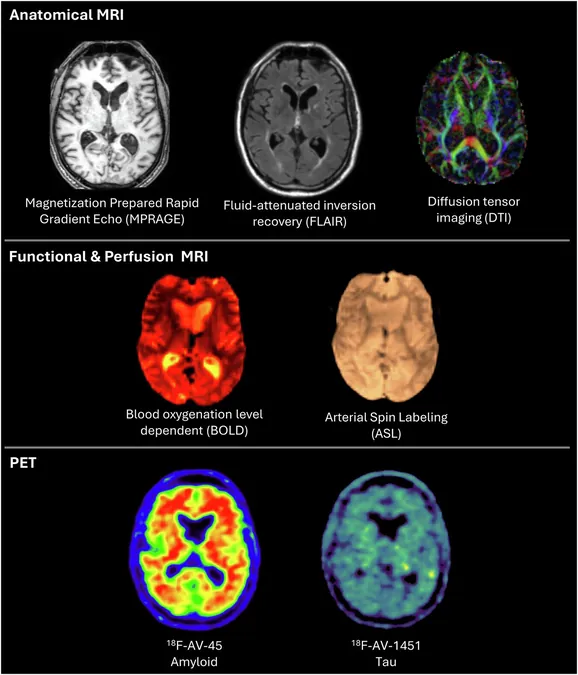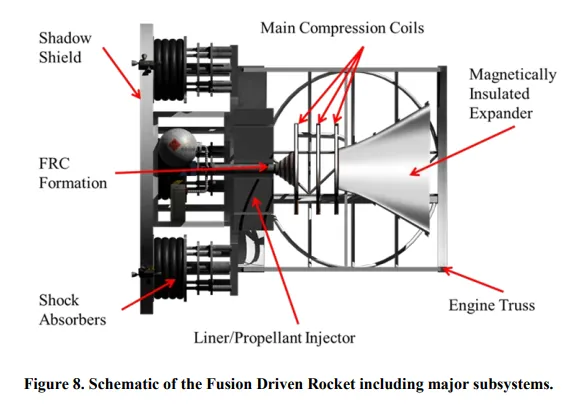
Unlocking the Secrets of Aging: Decade-long Brain Study Shares Data with the World
2025-05-29
Author: Wei Ling
A Breakthrough in Brain Research
In a groundbreaking move for neuroscience, researchers at The University of Texas at Dallas' Center for Vital Longevity (CVL) have released an extensive dataset from a ten-year exploration of brain and cognitive health as individuals age. Designed to differentiate between neurologically healthy brain paths and those signaling potential decline, the Dallas Lifespan Brain Study (DLBS) marks a significant contribution to global research.
A Decade of Discovery
The DLBS meticulously combined brain and cognition assessments across the lives of nearly 500 healthy adults, examining three critical phases between 2008 and 2020. An article in Nature's Scientific Data outlines its profound implications and findings.
Understanding the Brain's Complexity
Dr. Denise Park, the visionary behind the project, likens the brain to an orchestra where different sections play varying roles throughout life. 'This repository allows us to see the brain all at once,' she explained. The data enables researchers to investigate how various facets of the brain change with age—including white matter and neuron activation.
Uncovering Individual Aging Trajectories
Co-corresponding author Dr. Gagan Wig notes the study's rare longitudinal design which tracked 464 initial participants, with follow-ups involving 338 and 224 participants across multiple assessments. This innovative approach stands in contrast to typical studies that only compare groups of younger versus older individuals, thereby enriching our understanding of aging.
Innovative Monitoring Techniques
The evaluations entailed a comprehensive battery of neuropsychological tests, health questionnaires, and advanced imaging techniques, including functional and structural MRIs, and positron-emission tomography (PET) scans to measure critical brain proteins like amyloid and tau.
Groundbreaking Findings
Significant insights have emerged from the DLBS, shedding light on brain network deterioration with age and revealing that even cognitively healthy adults may show high amyloid levels—a discovery that challenges previous assumptions about cognitive impairment.
Toward a Nuanced Understanding of Cognitive Decline
Recent beliefs suggest that amyloid might precipitate tau tangles, a hallmark of Alzheimer's disease. As researchers analyze the latest DLBS wave data, new avenues are being explored to understand cognitive aging.
A Collective Future in Research
Dr. Park emphasizes that cognitive decline varies greatly among individuals; it could stem from issues in white matter, neuron activation, or brain shrinkage. The open-access data is a treasure trove for researchers worldwide, allowing for an array of investigations into cognitive aging.
Legacy of the Study
As Dr. Park approaches retirement, she chose to dedicate her efforts to making this vital resource accessible rather than focusing solely on further publications. 'I take pride in the elegant way we've completed this,' she said. Her hope is that the repository will inspire countless new inquiries in neuroscience, ushering in a new era of understanding of cognitive health.
With the DLBS data now available, the scientific community stands poised to uncover the mysteries of aging brain health, sparking investigations that could shape the future of cognitive research.


 Brasil (PT)
Brasil (PT)
 Canada (EN)
Canada (EN)
 Chile (ES)
Chile (ES)
 Česko (CS)
Česko (CS)
 대한민국 (KO)
대한민국 (KO)
 España (ES)
España (ES)
 France (FR)
France (FR)
 Hong Kong (EN)
Hong Kong (EN)
 Italia (IT)
Italia (IT)
 日本 (JA)
日本 (JA)
 Magyarország (HU)
Magyarország (HU)
 Norge (NO)
Norge (NO)
 Polska (PL)
Polska (PL)
 Schweiz (DE)
Schweiz (DE)
 Singapore (EN)
Singapore (EN)
 Sverige (SV)
Sverige (SV)
 Suomi (FI)
Suomi (FI)
 Türkiye (TR)
Türkiye (TR)
 الإمارات العربية المتحدة (AR)
الإمارات العربية المتحدة (AR)